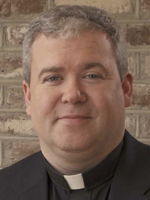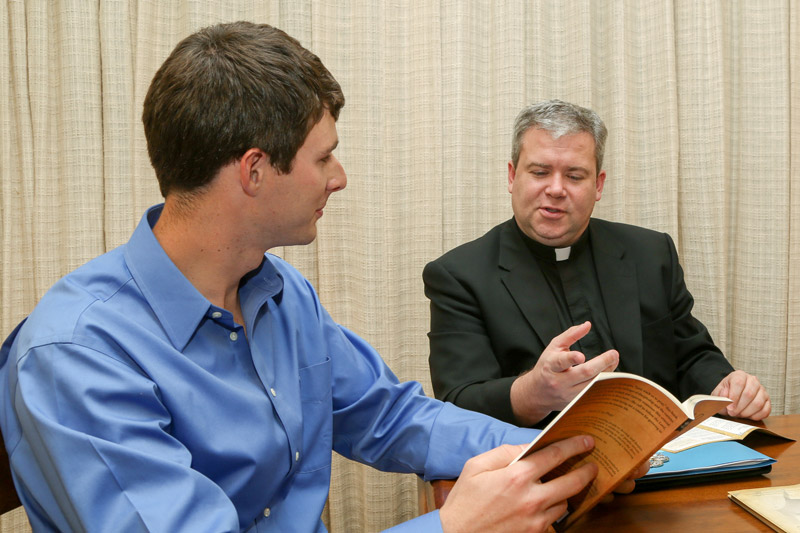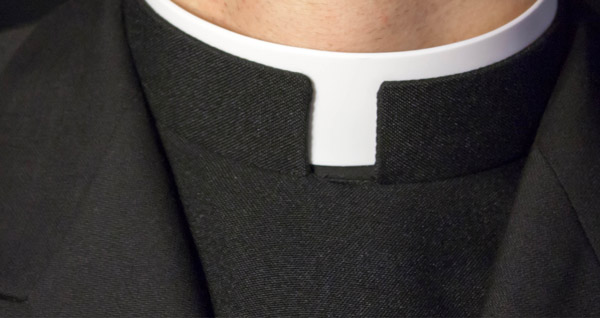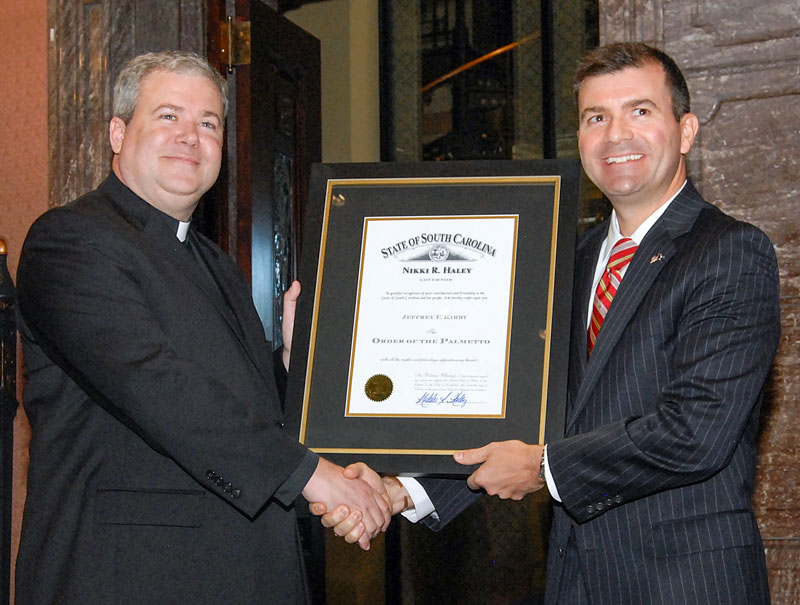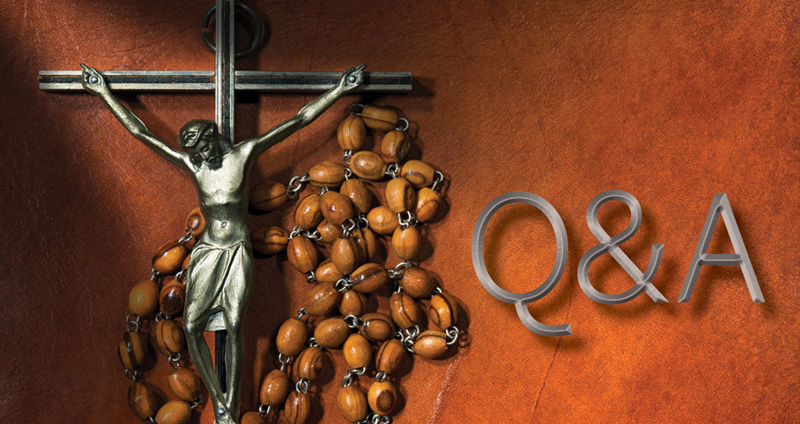
Q: Recently some Catholic friends challenged me for attending a non-Catholic Bible study. I’ve been going to the study for a couple of years. The people in the study have always been respectful and I’ve learned a lot in the study. Is it wrong for me to attend a non-Catholic Bible study? (Charlotte, NC)
A: Billy Graham was once asked what the best translation of the Bible was and the good reverend responded, “The one you’re reading.” The story illustrates a principle: something is better than nothing. And so, if we have no Catholic options, then we do our best to learn the Scriptures. This could include prudently attending a non-Catholic Bible study.
With that said, however, we have to be careful. Oftentimes, it’s not so much what’s challenged or mocked that’s the problem, as much as what’s missing or given in an incomplete context. As Catholics, our reading of the Bible is always within the living Sacred Tradition of the Church and needs its structure and guidance. Additionally, our understanding of biblical wisdom relies heavily on the graces of the Eucharist. This interaction was clearly demonstrated in the story of the two disciples on their way to Emmaus. The two learned the Scriptures with burning hearts, encountered the Lord in the Eucharist, and only then were able to fully comprehend what they had learned from the Bible (cf. Luke 24:13-35).
Pope Benedict XVI explained: “Word and Eucharist are so deeply bound together that we cannot understand one without the other. … Unless we acknowledge the Lord’s presence in the Eucharist, our understanding of Scripture remains imperfect.”
And so, our studies of the Bible need all the aspects of the Church’s life. This is important to know since we’re experiencing a rebirth of Catholic biblical studies. Now more than ever, Catholics have a wide array of options for personal or group studies of the Bible. These include the Ignatius Study Bible, the Navarre Study Bible, Catholic Scripture Study International, and several others. We need to take advantage of these resources and be taught the Bible without anything missing from its depth and breadth.
Q: My parish has a monthly healing Mass where the anointing of the sick is offered. I noticed that the oil there is not scented. Can you explain why? (Indian Land, SC)
A: In the ancient world, oils were used by people as a way to relax and strengthen their bodies. This physical use of oil stresses the sacramental use, which is to heal and edify the soul. We see this spiritual use of oil in the Bible (Jas 5:14), where it becomes the means through which the Holy Spirit works and brings about a change in our lives.
As a Church, we have three oils that are properly used in the celebration of the sacraments.
Sacred chrism is used for baptisms, confirmations, and for holy orders. This is the oil that has a sweet fragrance because of a balsam that’s added into the oil. The sweet smell is to symbolize the odor of sanctity of the believer, which means, as we go throughout our day, and live and work in the midst of sin and darkness, we are to bring the sweet smell of virtue and holiness into the world.
The oil of the catechumens is another sacramental oil and is used in the ceremonies of baptism.
The third oil, called the oil of the sick, is used for anointing those who are ill. This is the oil that was most likely used in the healing Mass you attended. Since it does not contain the scented balsam, it usually does not have a sweet smell (like the sacred chrism).
Father Jeffrey Kirby is administrator of St. Joseph Church in Chester and Our Lady of Grace Church in Lancaster. Email him your questions at askfrkirby@gmail.com.

